The Importance of User Experience (UX) Design: Creating Exceptional Digital Experiences
The Importance of User Experience (UX) Design: Creating Exceptional Digital Experiences
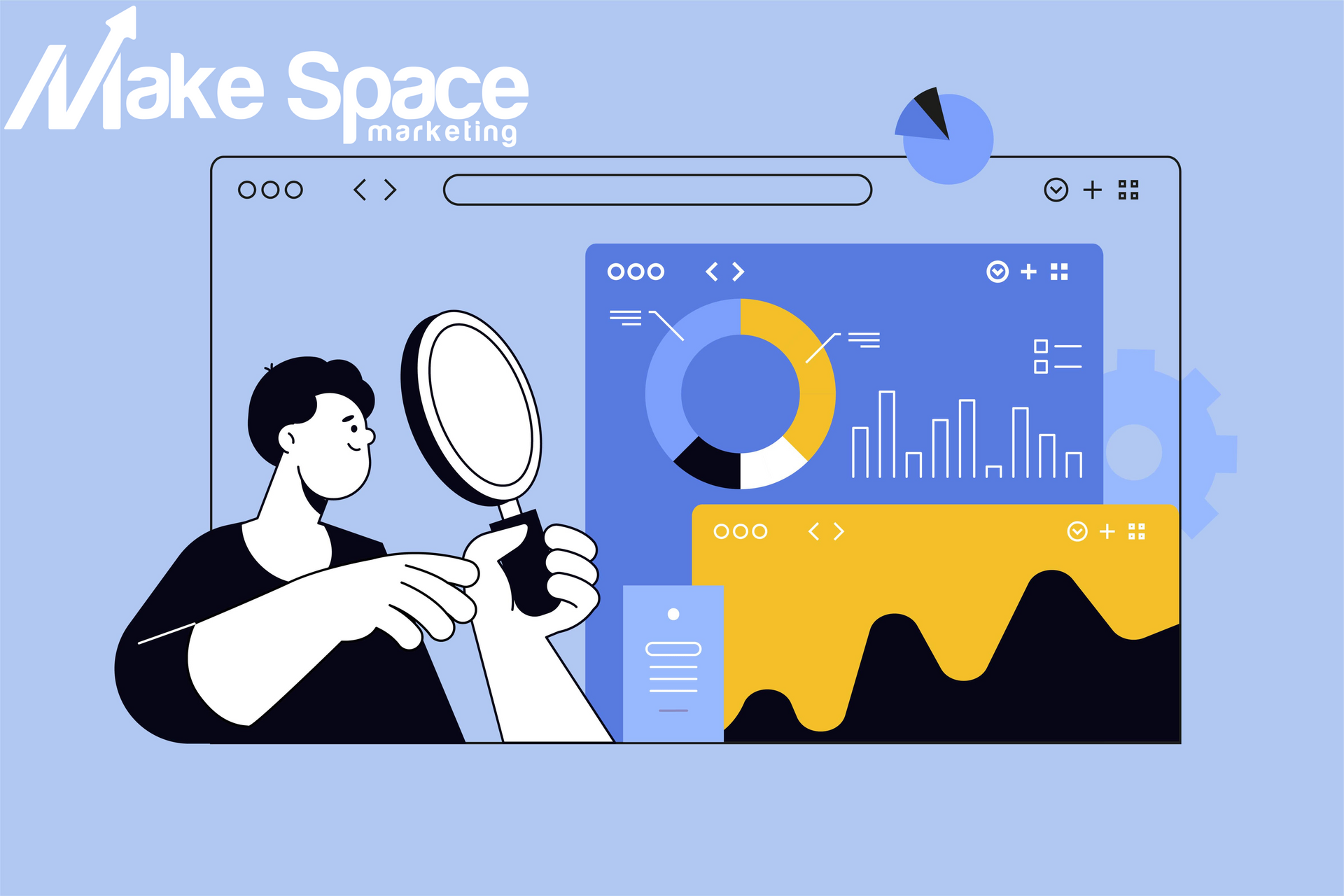
In the new digital world, the quality of the user experience (UX) has become a important factor in the success of your website. UX design is designing digital interfaces that are intuitive, engaging, and easy to use.
In this blog post, we'll explore the importance of UX design, what makes a great user experience, and the UX design process.
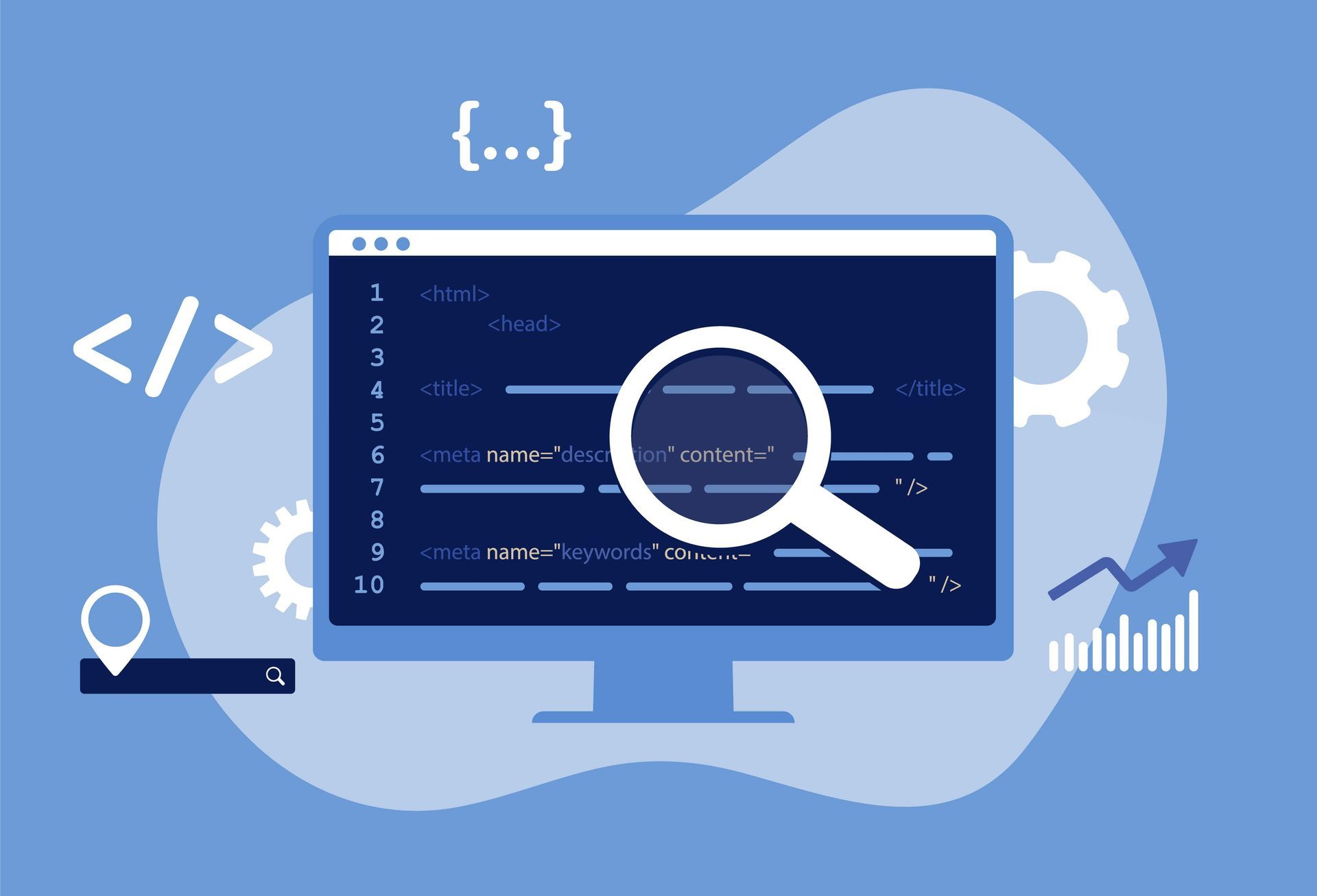
What is User Experience Design?
User experience design is the process of creating digital interfaces that meet the needs and projection of users.
It involves understanding the user's goals, behaviours, and preferences and designing intuitive and easy-to-use interfaces. UX design is an essential aspect of website and app development.
It helps ensure users have a positive experience when interacting with digital interfaces.
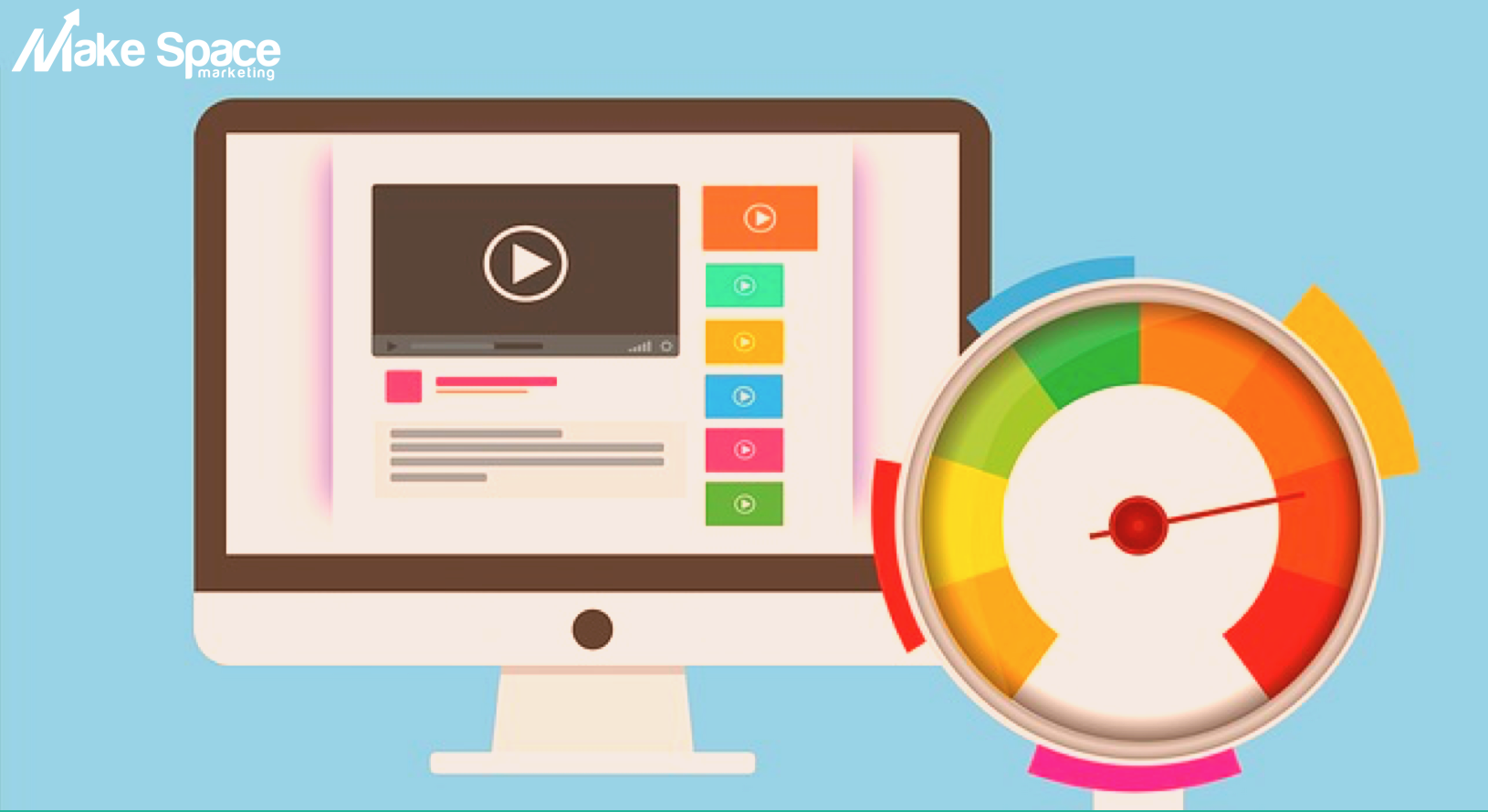
Why is UX design important?
UX design is critical to the success of websites and apps because it directly impacts the user's experience.
A positive user experience can increase engagement, conversion rates, and customer satisfaction. Conversely, a poor user experience can lead to frustration, confusion, and poor brand perception.
In a highly competitive digital landscape, businesses must prioritise UX design to stay ahead of the competition.
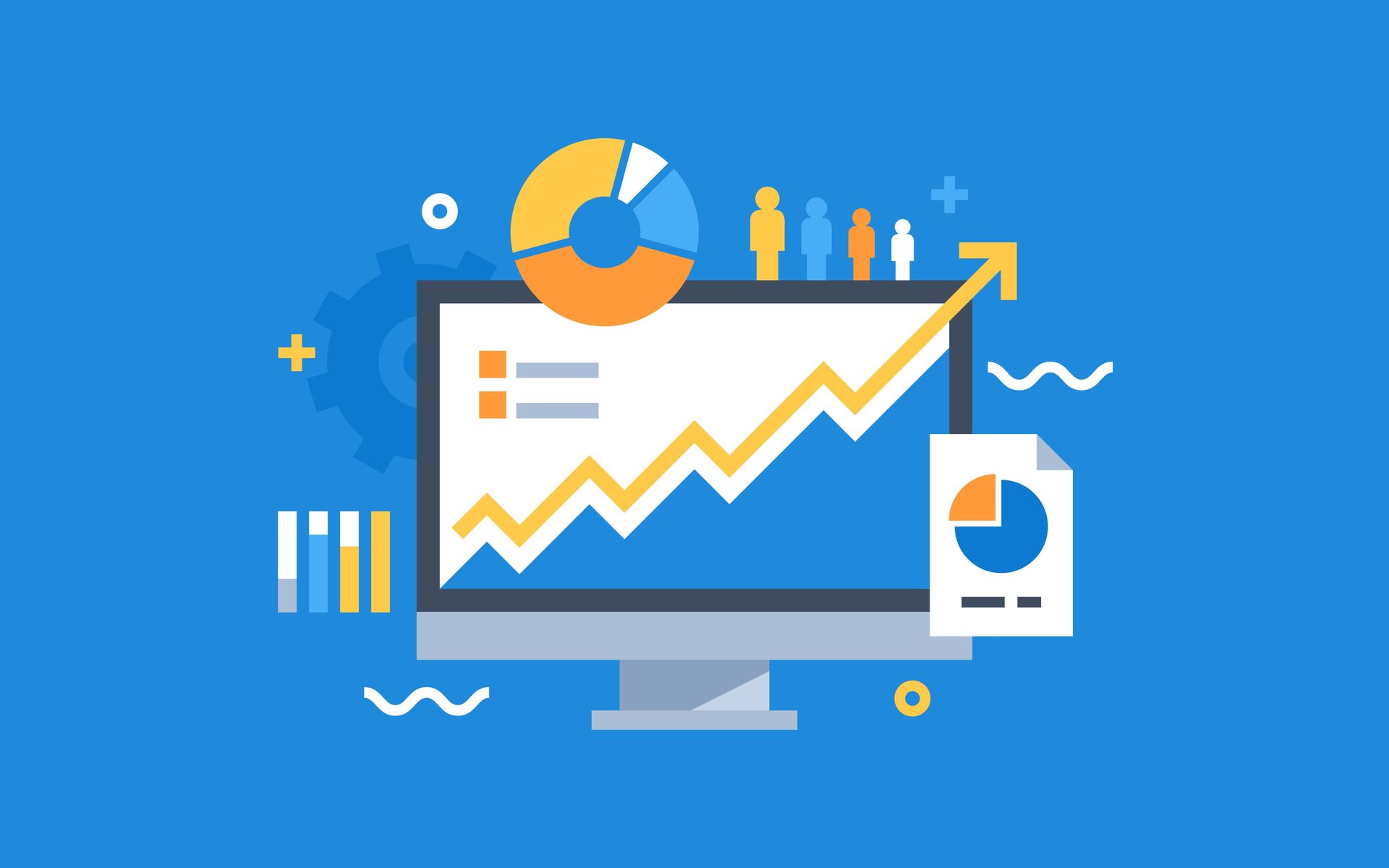
What makes a great user experience?
A great user experience is intuitive, engaging, and easy to use. A well-designed interface should meet the user's needs and provide a seamless experience.
A great user experience should be visually appealing, responsive, and designed with accessibility in mind.
In short, a great user experience should provide value to the user and meet their needs simply and efficiently.
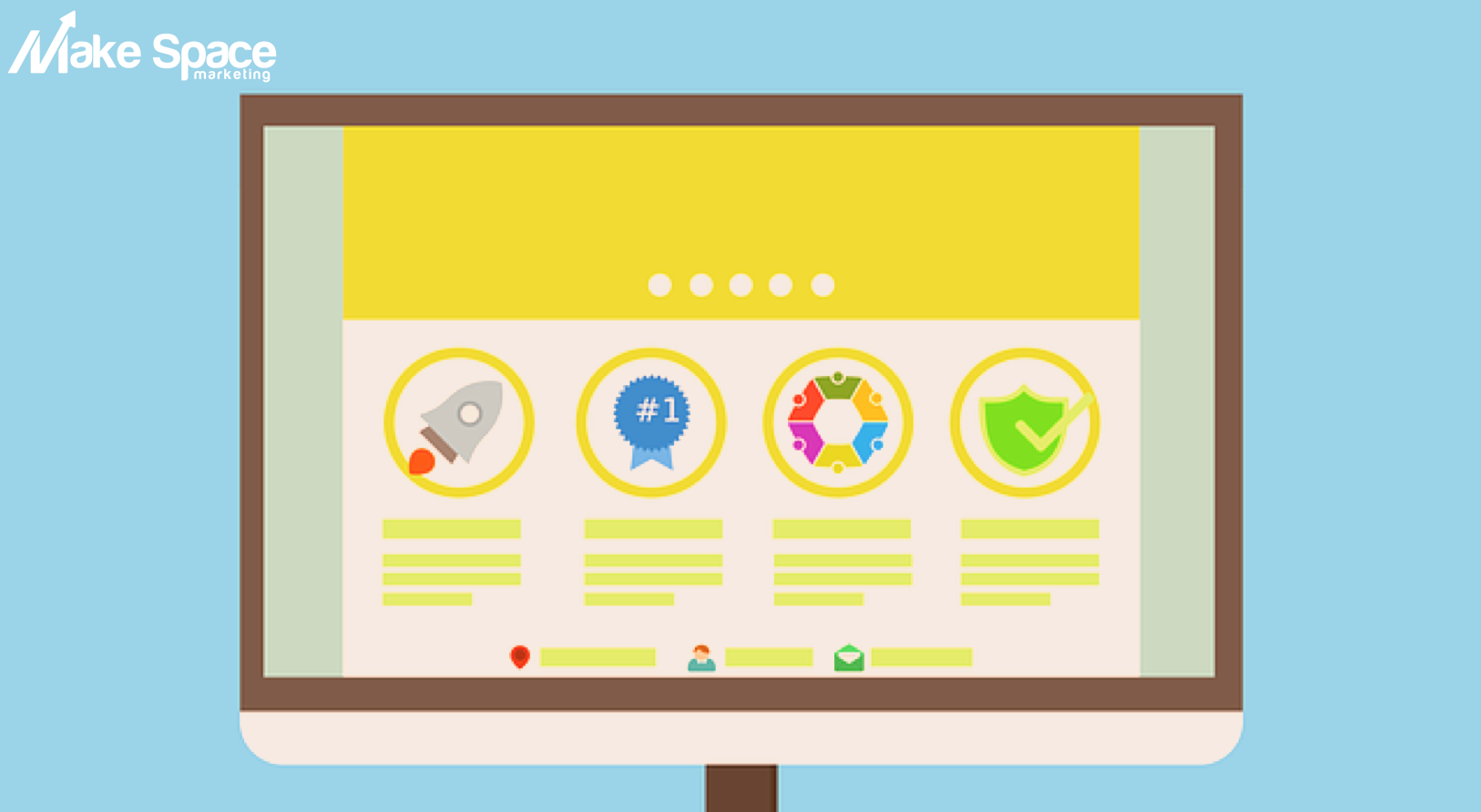
So how do you define a great experience?
A great experience meets the needs and expectations of the user. It should be easy to use, visually appealing, and provide value to the user.
A great experience should also be designed with accessibility in mind, meaning that it should be usable by people of all abilities.
To define a great experience, it's essential to understand the user's needs, behaviours, and preferences.

The UX Design process
The UX design process involves several stages: research, design, prototyping, and testing.
The goal of the UX design process is to create digital interfaces that meet the user's needs and provide a positive user experience.
Let's look at each stage of the UX design process.
Research: The first stage of the UX design process is research. This involves understanding the user's goals, behaviours, and preferences. This stage typically involves creating user personas, conducting user interviews, and analysing user data.
Design: Once the research is complete, the next stage is design. This involves creating a functionality map, wireframes, and prototypes. The goal of the design stage is to create a digital interface that meets the user's needs and provides a positive user experience.
Prototyping: After the design stage, the next step is prototyping. This involves creating a working digital interface model that can be tested and refined. The prototyping stage aims to identify any usability issues and make improvements before the final product is launched.
Usability Testing: The final stage of the UX design process is usability testing. This involves testing the digital interface with real users to identify any issues and make improvements. Usability testing can be conducted through surveys, focus groups, or user testing software.
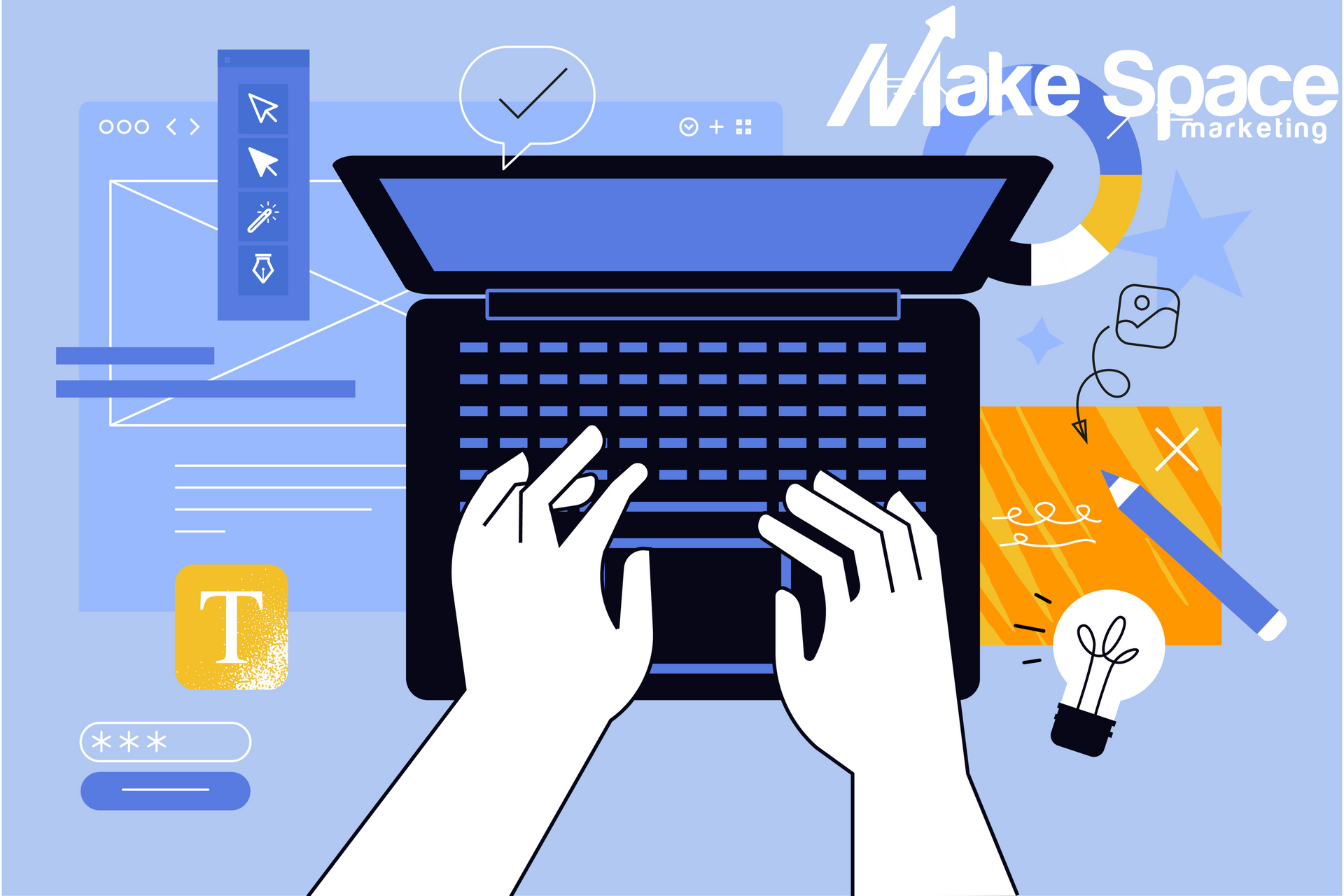
Methods of the UX Design Process.
User Personas: User personas are fictional presentations of users that are created based on research and data. They help designers understand the user's needs and preferences and design interfaces that meet their needs.
User Interviews: User interviews are a valuable tool for gathering insights about the user. They can be conducted in person, over the phone, or through online surveys. User interviews can provide helpful information about the user's goals, behaviours, and pain points.
Functionality Map: A functionality map is a visual representation of the digital interface with different features and functionalities. It helps designers plan the layout and organisation of the interface and ensure that it meets the user's needs.
Wireframes: Wireframes are a visual representation of the digital interface that shows the layout and structure of the interface. They are typically created before the design stage. They can be used to identify any usability issues before the final product is launched.
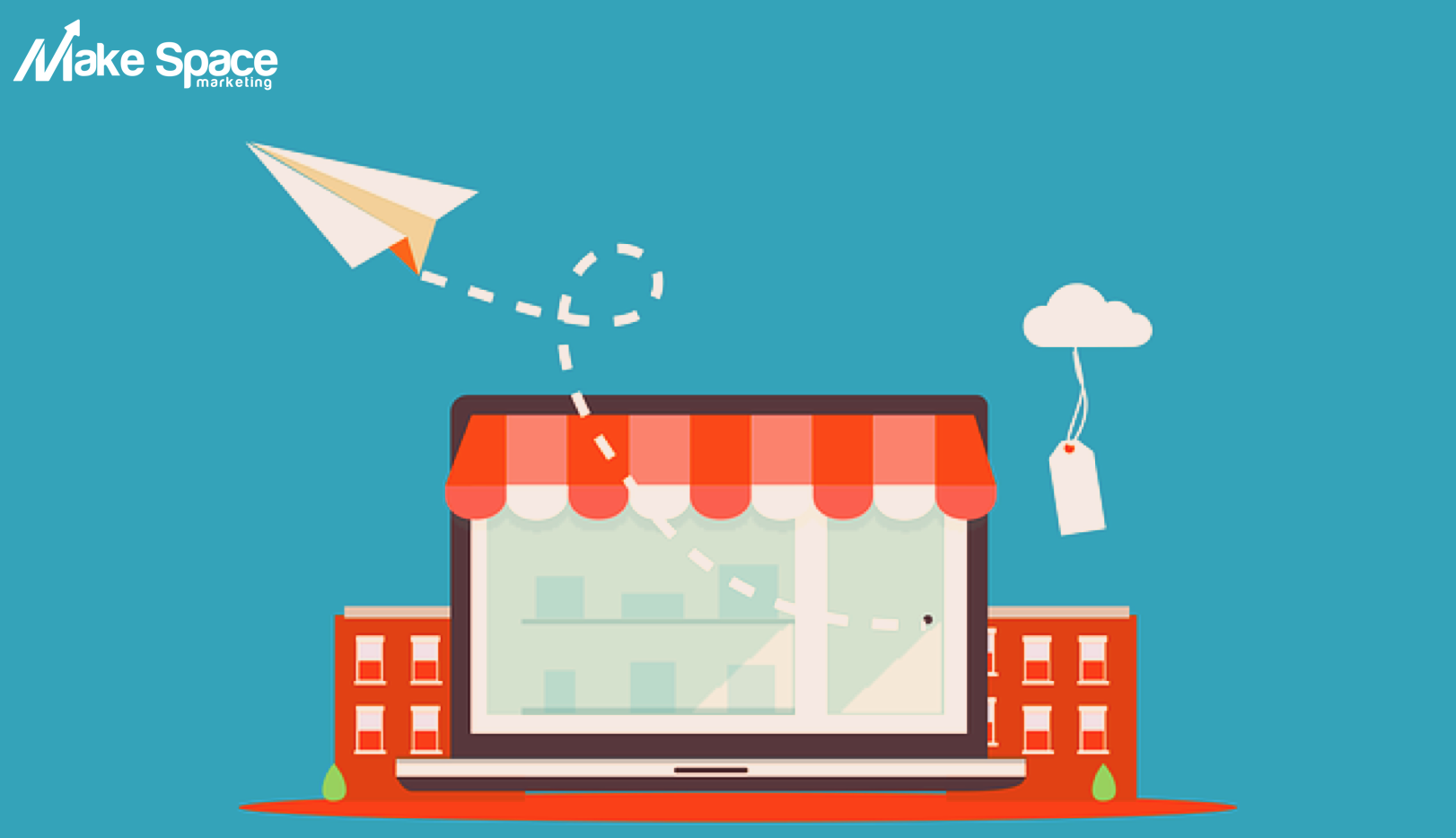
Conclusion
In conclusion, UX design is critical to the success of websites and apps in today's digital landscape.
A great user experience can increase engagement, conversion rates, and customer satisfaction.
The UX design process involves several stages: research, design, prototyping, and testing. By following the UX design process and using methods such as user personas, user interviews, functionality maps, wireframes, prototyping, and usability testing, designers can create digital interfaces that meet the user's needs and provide a positive user experience.
Ultimately, UX design aims to build exceptional digital experiences that provide value to the user and help businesses succeed in today's digital landscape.
If you have found this blog useful why not read Working with a Digital Marketing Agency or How to Choose the Right Web Developer




